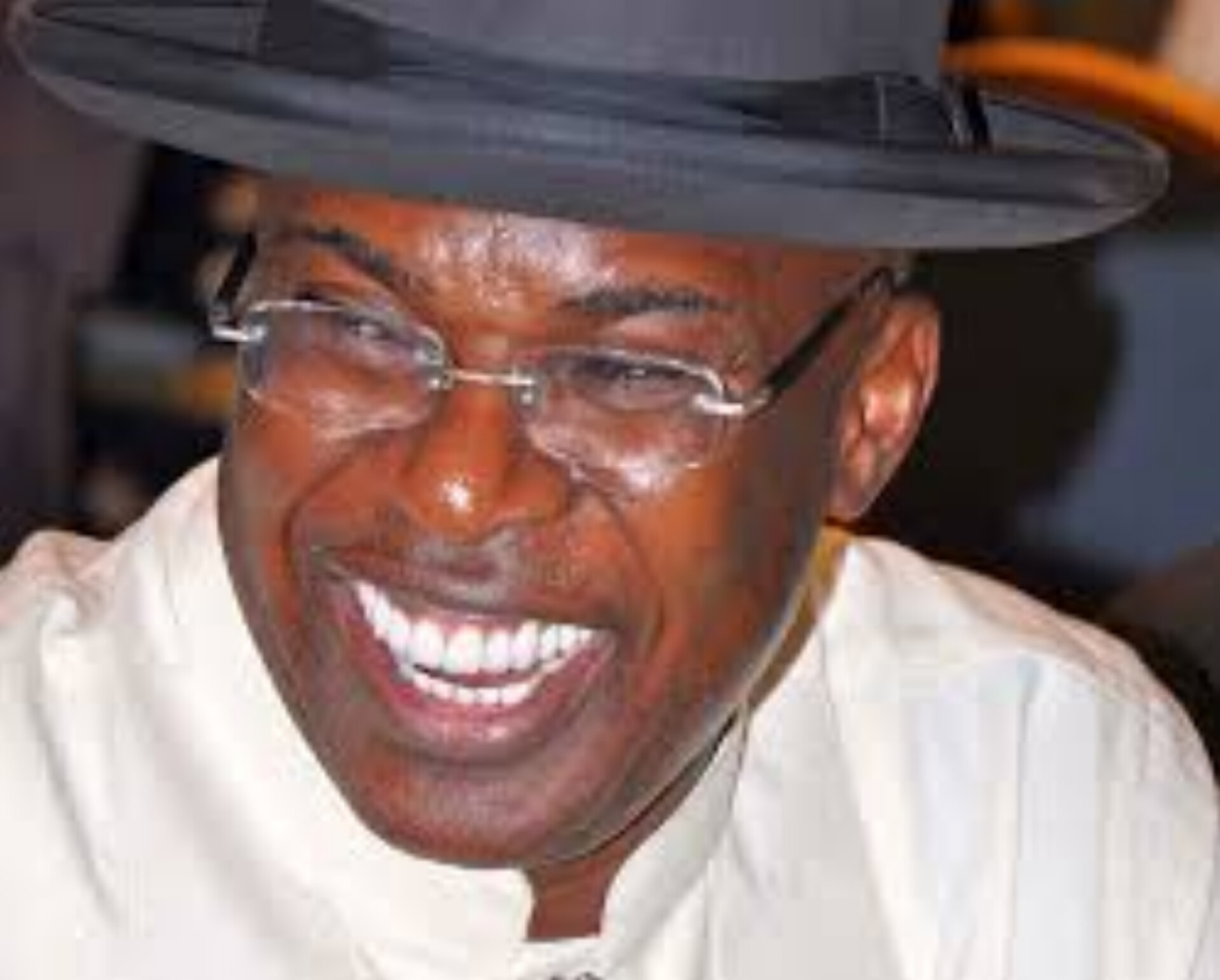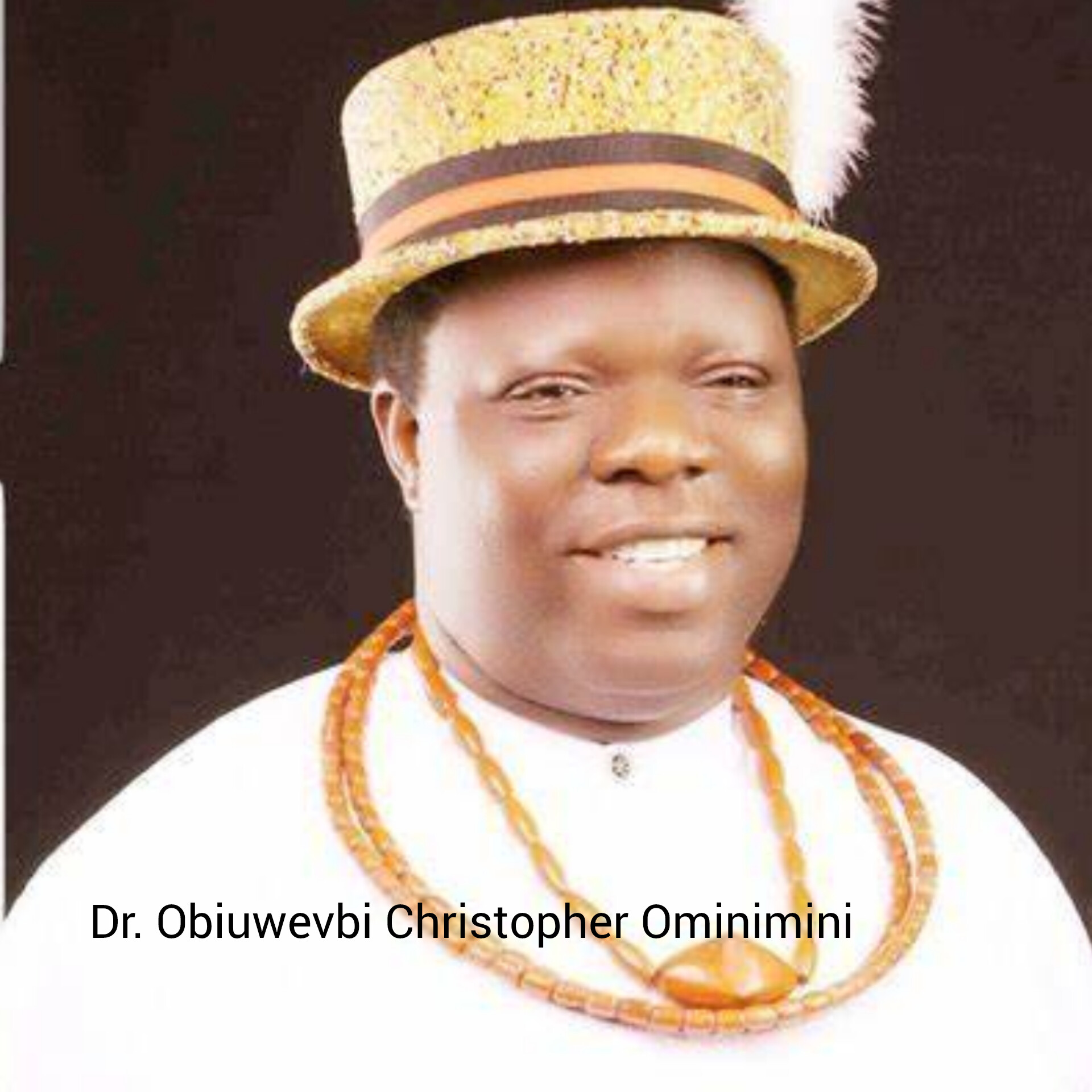By Ehichioya Ezomon
Bayelsa State chapter of the All Progressives Congress (APC) has 10 days to campaign to regain lost grounds in attempts to reclaim the governorship it won in 2020, but lost via a Supreme Court ruling that terminated Governor-elect David Lyon, 24 hours to his inauguration on February 14, 2020.
The bombshell – on the eve of St Valentine’s Day, recognised for “celebrating love and friendship,” but which turned the opposite for Mr Lyon – comes as a debarment of APC’s Deputy Governor-elect Biobarakuma Degi-Eremienyo, over alleged forged credentials he submitted to Independent National Electoral Commission (INEC) for the November 16, 2019, off-season election for governor in Bayelsa.
Barely four years down the line, a similar order of an Abuja Federal High Court, issued on October 9, 2023, disqualified APC’s candidate for this November 11 poll, Chief Timipre Sylva, on the grounds that he’s elected twice as governor, and could be inaugurated a third time, in breach of the amended 1999 Constitution that pegs the tenure of governor to two terms of four years each.
Trial Justice Donatus Okorowo had directed INEC to remove the names of Mr Sylva and his running mate, Mr Joshua Maciver, from the list of candidates for the election, to pre-empt Sylva – should he win Saturday’s poll and sworn in accordingly – from exceeding the eight-year tenure for governorship. So, the APC had to suspend its campaigns in Bayelsa.
As it awaited the Appeal Court to rule on Sylva’s sack by the lower court, the Bayelsa APC rued its governorship loss in 2020 to the Peoples Democratic Party (PDP), which it defeated at the poll.
The previous day on February 13, 2020, Mr Lyon had rehearsed the final protocols for his inauguration, and went to bed, dreaming about his graduation from Governor-elect to Executive Governor of Bayelsa State the next day.
And why not! Two days earlier, on February 11, the Supreme Court dismissed an appeal by Senator Heineken Lokpobiri (now Minister of Petroleum Resources (Oil), over alleged fraudulent APC’s primaries for the November 2019 election.
Dr Lokpobiri, who got judgment at the High Court, but failed at the Appeal Court, prayed the Supreme Court to void Lyon’s nomination, and declare him the lawful winner of the primary contest, and APC’s candidate.
But the court’s five-member panel, headed by Justice Inyang Okoro, refused Lokpobiri’s prayer, having filed his writ outside the 14 days allowed by law. “The appellant cause of action arose on 4th September (2019) when he was not declared the winner and not 7th September (when he filed his case),” Justice Okoro ruled.
So, it’s shocking two days later when the same Supreme Court nullified Lyon’s election based on Degi-Eremienyo’s disqualification over irregularities in his records.
The unprecedented ruling defied comprehension among polity watchers because one or two of Degi-Eremienyo’s names were consistent in the documents he presented to INEC – indicating that they weren’t forged, but belonged to the same person.
Actually, as the three-member panel of Justices of the Appeal Court had noted, besides the plaintiffs (Peoples Democratic Party (PDP) and its candidate, Senator Duoye Diri) not proving their case against the APC candidates, Degi-Eremienyo submitted an affidavit, “which showed evidence of his change of name from Adeyi-Eremienyo to Degi-Eremienyo.”
Accordingly, lead Justice Stephen Adah declared: “I agree with the appellant that the owner of the school leaving certificate and the GCE certificate are one and the same and I, therefore, set aside the judgement of the (lower) court.”
The PDP and Mr Diri had sued Lyon and Degi-Eremienyo, and INEC, to disqualify Degi-Eremienyo over false information in his CF0001 form submitted to INEC for the November 2019 poll in Bayelsa.
Ruling on the suit on November 12, 2019, Justice Inyang Ekwo of the Federal High Court in Abuja, held that there’s no connection between the name on Degi-Eremienyo’s school-leaving certificate, first degree (BA), Master’s degree and the affidavits he’d sworn to – a ruling the Court of Appeal set aside, and affirmed the election of the APC candidates.
But five Justices of the Supreme Court, headed by Justice Mary Odili, overruled the Appeal Court reversal of the Abuja Federal High Court exclusion of Degi-Eremienyo, and nullified Mr Lyon’s election, on the grounds that his deputy presented false information to INEC.
In his lead opinion, Justice Ejembi Eko ordered INEC to withdraw the Certificates of Return to Messrs Lyon and Degi-Eremienyo, and quickly “declare the party with the highest number of lawful votes and geographical spread the winner of the election.”
That’s how Mr Lyon saw the “Promised Land” of Creek Haven Government House in Yenagoa, Bayelsa’s capital city, without occupying it for a single day. The nearest to doing so was during rehearsals on February 13, 2020, for his scheduled swearing in.
That’s also how defeated Senator Diri and Senator Lawrence Ewhrudjakpo became Governor-elect and Deputy Governor-elect overnight, and in a matter of hours, the Governor and Deputy Governor of Bayelsa State on February 14, 2020, prompting Diri to christen himself the “Miracle Governor.”
Coming to 2023, the Appeal Court in Abuja, on October 31, reinstated Mr Sylva to the ballot he’s delisted by INEC on October 25. Had the court sustained the prior order, APC wouldn’t field candidates for Saturday’s poll, thus making it “two political afflictions” in the Bayelsa chapter within four years.
A member of the Bayelsa APC, Mr Demesuoyefa Kolomo, filed a suit on June 6, asking the high court to determine whether Sylva was qualified to contest in the election, having occupied office of governor from May 29, 2007 to April 15, 2008 and May 27, 2008 to Jan. 27, 2012, given sections 180(2)(a) and 182(1)(b) of the 1999 Constitution.
Delivering judgment on the night of October 9, Justice Okorowo held that having been inaugurated twice and ruled as governor for five years, allowing Sylva to contest would amount to expansion of the constitution or its scope.
Citing the case of Marwa vs Nyako at the Supreme Court, the judge noted that the drafters of the constitution precluded anybody from being voted for as governor more than twice, adding that the parties to the suit, having agreed that Sylva was voted into office two times, he can’t expand the constitution or its scope, to vie for a third term in office.
But Sylva – who contended he’s elected once as governor, and cited an April 2008 Court of Appeal ruling that nullified his 2007 election – filed a three-ground notice of appeal, through a team of lawyers, led by Dr. Ahmed Raji (SAN).
He applied for an order of the appellate court, to stay execution and/or further execution of the entire judgment and the orders contained therein, “pending the hearing and final determination of the appeal lodged against the judgement and orders of this Court before the Court of Appeal, Abuja.”
He prayed the court for an order of injunction, restraining all Respondents in the appeal from implementing and/or giving effect to the declaratory and executory orders contained in the judgment, noting that Justice Okorowo wrongly assumed jurisdiction by delving into an issue within the domestic affair of a political party.
Sylva said the judgment had occasioned a grave miscarriage of justice, as the judge failed to properly evaluate, determine and pronounce on a preliminary objection – which challenged the suit’s competence – thereby breaching his right to fair hearing.
When the case was called on October 27 at the appellate court, Sylva’s lawyer, Akinlolu Kehinde (SAN), and APC’s counsel, K.O. Balogun, urged the court to allow the appeals, set aside the high court judgment and affirm Sylva’s candidacy.
Mr Kehinde argued that in his first oath-taking, Sylva only spent six months, three weeks and two days in office before the election was annuled, describing the high court judgment as “a hatchet job just to tie this man (Sylva) not to campaign and participate in the election.”
Also faulting the decision of the high court, Mr Balogun said Sylva was elected Governor of Bayelsa State in 2007, “but within few months, the Court of Appeal (then the final court for governorship election petitions) sacked him.”
“He (Sylva) contested again in 2008 and won. The eight months that he earlier spent in office was nullified (by the Appeal Court),” Balogun said. “What the 1st respondent (Kolomo) is asking this court to do is to deem the nullified months as four years.”
He accused Kolomo of “fighting a proxy war” (for Sylva’s opponents at the poll), because “he cannot be a member of the APC and be fighting to destroy its candidate and chances at the election.”
Some members of the Justice Haruna Tsammani-led panel made similar observations during the proceedings. They wondered why Kolomo, who claimed to be an APC member, but not an aspirant at the primaries, would want to destroy his party’s chance in an election!
Noting that Kolomo could’ve voted for another party in the November poll “if he assumed Mr Sylva did not deserve his vote,” the panel condemned the attitude of lawyers, who failed to advice their clients appropriately, saying, “it is a moral issue.”
Kolomo’s lawyer, Mr Abiodun Amuda-Kanike (SAN), and INEC’s lawyer, Mr Ahmed Mohamed, prayed the court to dismiss the appeal, and affirm the judgment of the trial court. After lawyers to the parties had adopted their written briefs, the panel reserved verdict, which it delivered on October 31.
The Appeal Court set aside the high court decision for lack of jurisdiction, and awarded N1 million cost against Kolomo for lack of legal right to pursue Sylva’s disqualification from Saturday’s election.
Mr Sylva may’ve secured a temporary relief going into the poll, but he’s more huddles to cross, foremost being to upstage Governor Diri, who mocked him over his disqualification, describing him as “dishonest and insincere.”
In a statement, “Bayelsa Doesn’t Deserve Serial Deceiver As Governor,” Mr Diri said: “Bayelsa needs an honest and sincere leader that is focused on its development and not a man widely known for deception.
“Timipre Sylva is a man you cannot trust. He displaced all those he promised that he would give the governorship ticket and turned around to become the candidate himself.”
With Diri having his work cut out for him, will Sylva breast the tape 15 years after his last victory, and reclaim for APC the governorship it lost to PDP in 2020? It’s a matter of five days hence!
Mr Ezomon, Journalist and Media Consultant, writes from Lagos, Nigeria





